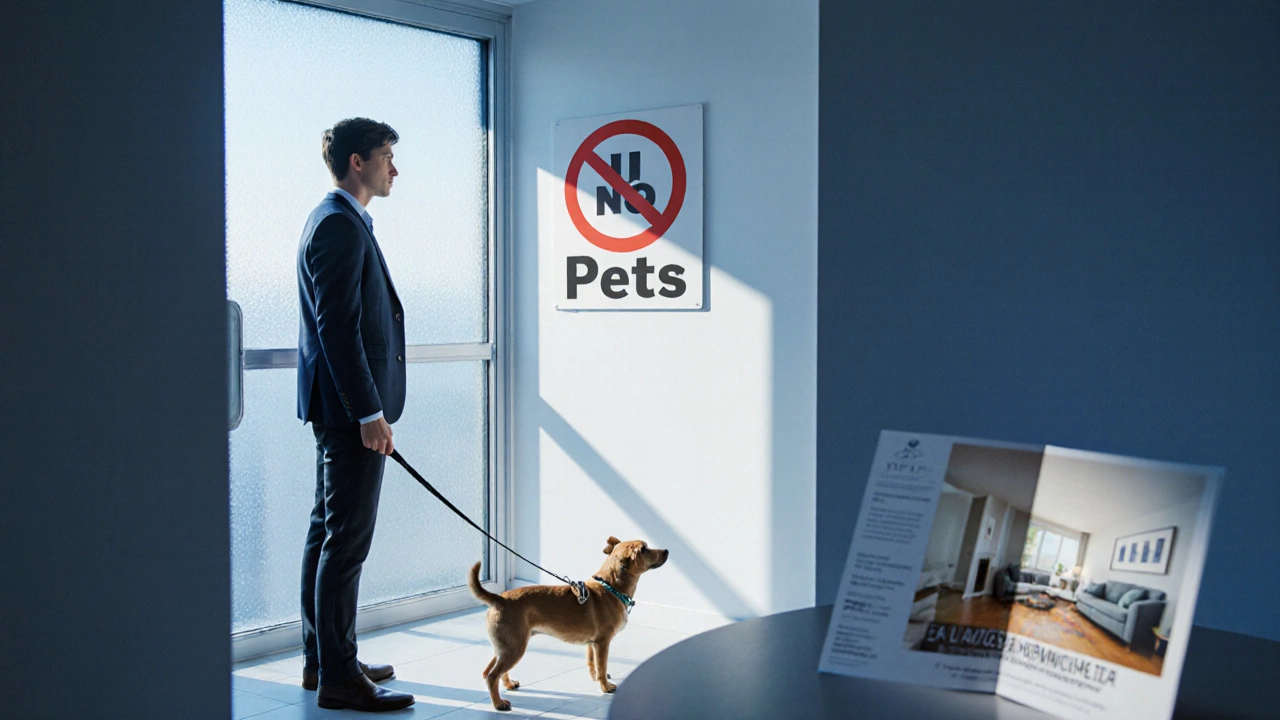Pet Fees: What Renters and Landlords Need to Know
When talking about pet fees, the extra charges landlords may add for tenants who keep animals. Also known as animal surcharge, they show up as a monthly line item on most rental agreements. Pet fees aren’t just an extra cost; they are a signal that the landlord expects additional wear‑and‑tear, cleaning, or insurance coverage. This fee often depends on the type of pet, its size, and the property’s location. Understanding the fee structure helps renters avoid surprise bills and gives landlords a clear way to recover potential damage costs.
Why Pet Fees Matter for Everyone Involved
Pet fees intersect with a few other key ideas. First, pet abandonment, the act of leaving a pet behind when moving out can trigger higher fees or even penalties because landlords must re‑home the animal or cover its care. Second, landlord pet policies, the set of rules a landlord creates around pets dictate whether fees are flat, per‑pet, or based on breed. Third, the rental agreement, the legal contract between tenant and landlord spells out how and when the fee is charged, whether it’s refundable, and the conditions for fee removal. In short, pet fees require landlord approval, influence tenant budgeting, and shape the overall lease terms. If a landlord relaxes the policy, fees may drop, but the risk of damage rises, creating a direct link between policy strictness and fee amount.
For renters, the practical tip is simple: read the pet clause before you sign, ask if the fee is refundable after a move‑out inspection, and check if there are caps based on pet size. For landlords, setting a clear, transparent fee structure in the lease helps avoid disputes and makes it easier to claim costs if a pet causes damage. The articles below dive deeper into each of these angles – from how pet abandonment can affect your security deposit to the exact calculations landlords use to set a fair fee. Armed with this overview, you’ll be better prepared to negotiate, budget, and keep both your home and your furry friend happy.

